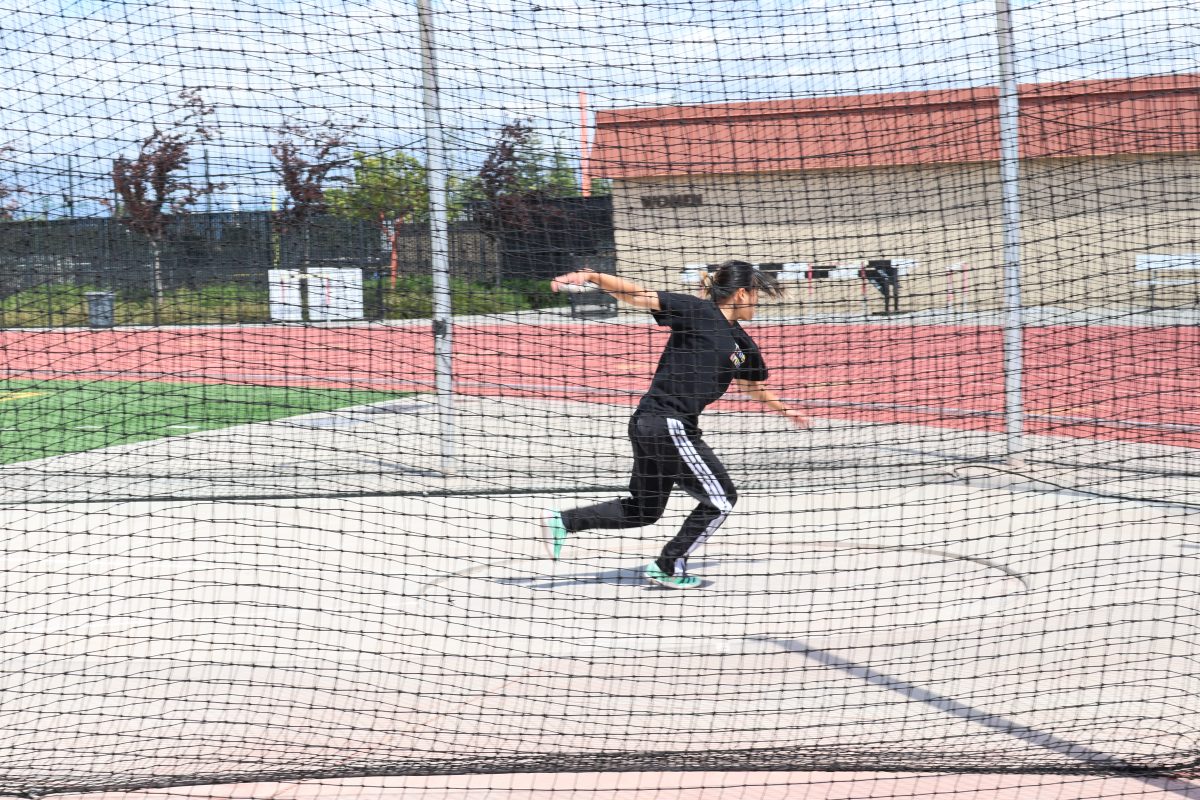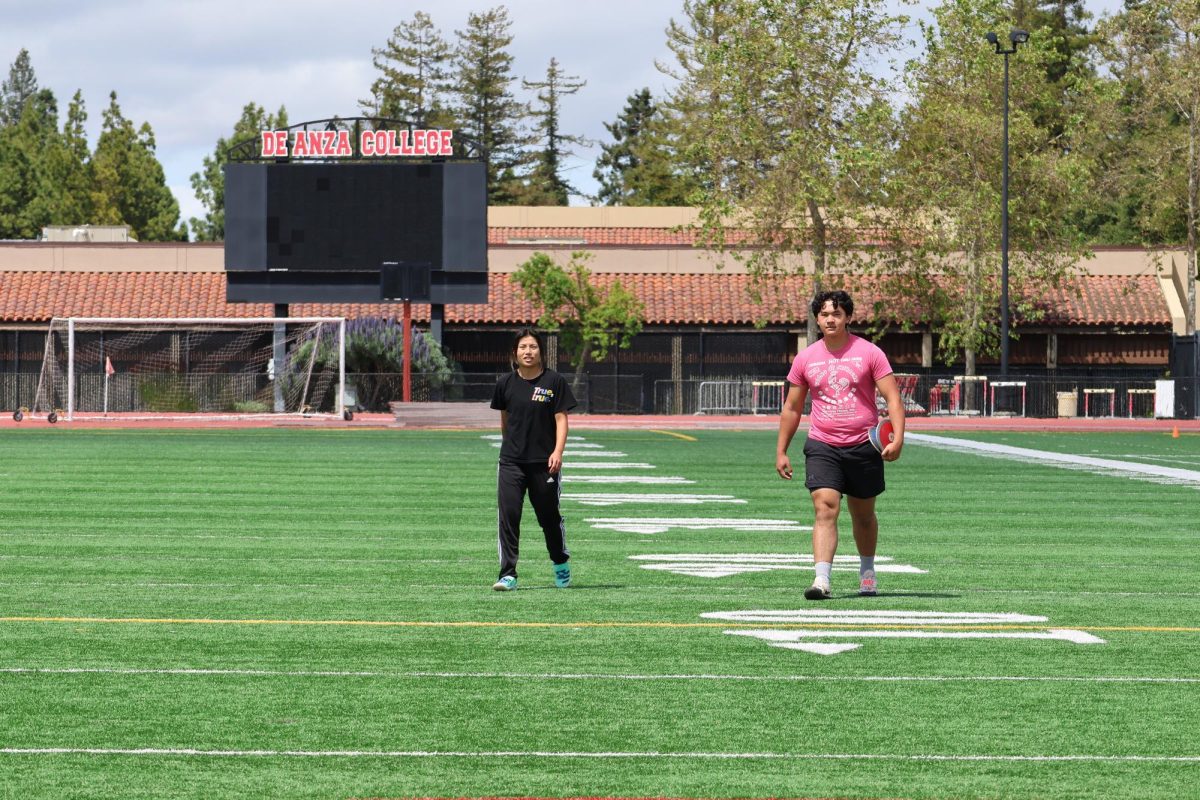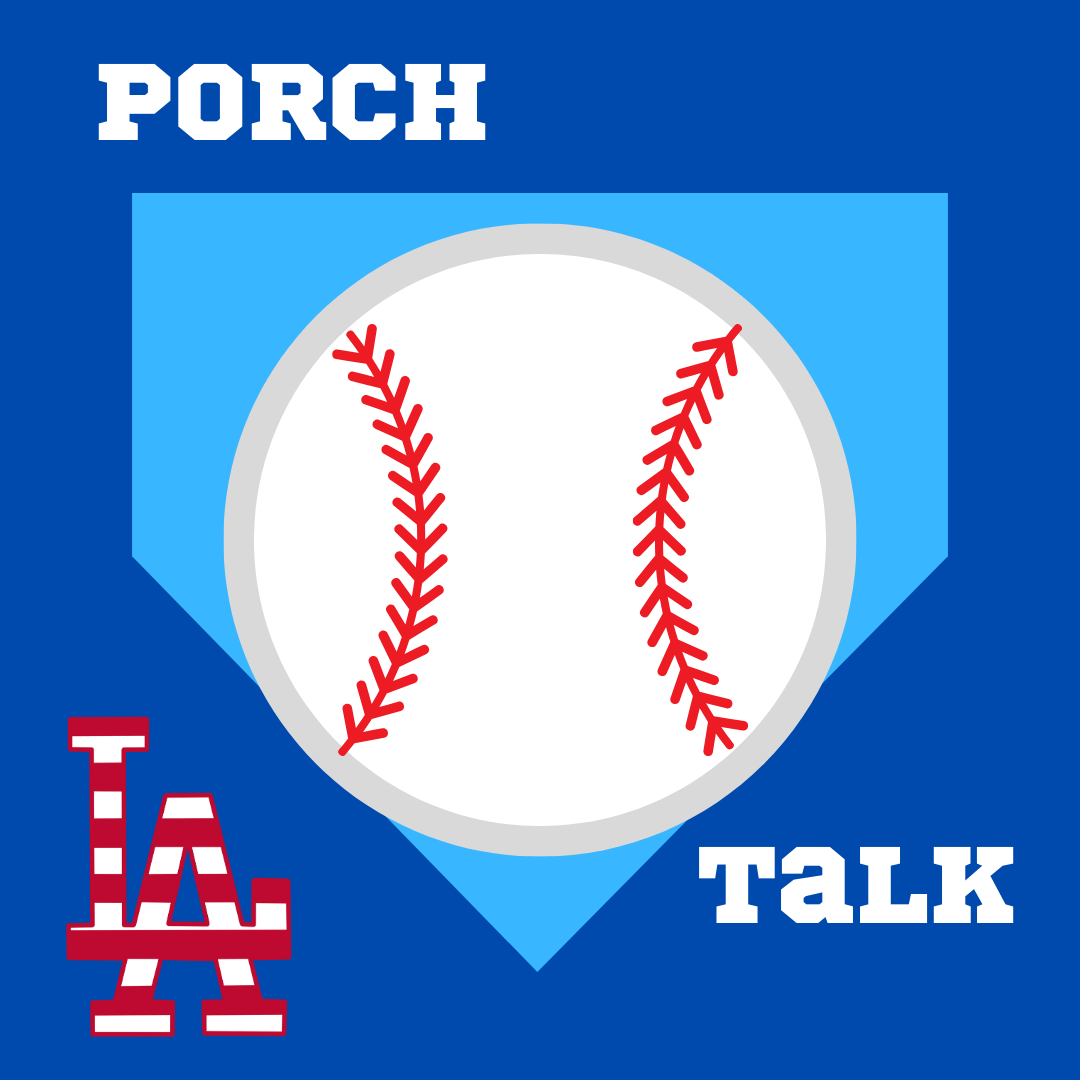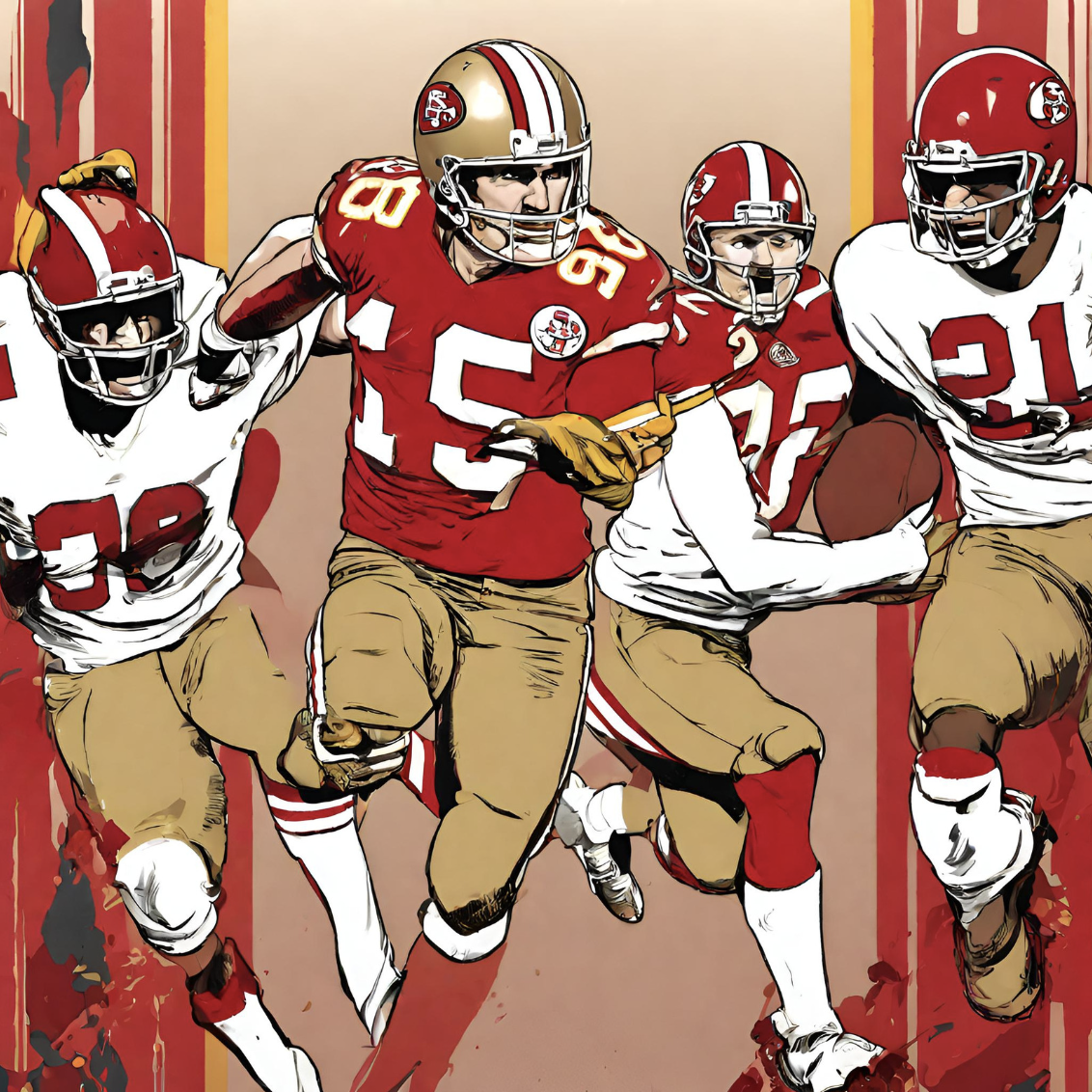What’s the dealio with sports drinks anyway?
Gatorade is a popular sports drink that boasts “Is it in you?” to remind athletes and general consumers to hydrate or rehydrate with its neon yellow or blue fluids. It’s not the only one on the market, but some sports drinks are just sugary water that look pretty to invite buyers, yet have no nutritional value.
Unless you’re going to participate in an ironman or marathon, you don’t necessarily need to replace electrolytes that are lost when sweating (potassium, chloride, and sodium). Water alone can maintain body heat and electrolyte balance when combined with a good diet. So what are electrolytes? It’s a substance that, within a solution, conducts an electric current – like nerve impulses. There’s a lot of chemical background on how they work and what they do, but let’s leave that to a biology or chemistry class.
A look at the electrolytes:
Potassium, “K” on the elemental table, isn’t hard for the body to maintain. Even with a low-K diet and sweat losses, a deficiency is rare, so needing a supplement or coconut water to replace it isn’t necessary. A large glass of orange juice can replace the potassium lost in two liters of sweat. If you need to have potassium, citrus fruits and bananas are great sources. But be wary, because excessive K is deadly (talking about 18 grams).
Sodium and chloride are closely associated with one another, notably in table salt, and is easy to come by – most Americans consume more than twice the recommended amount of sodium. Lots of canned soups and vegetables contain tons of salt. There aren’t any long-term consequences with deficiencies, and the body secretes a hormone (aldosterone) that stimulates the kidneys to retain more sodium. Conversely, sodium excretes more if there are plenty in the body. With chloride, a deficiency is also rare and it’s responsible for helping the stomach create hydrochloric acid.
So should I drink one?
Dr. Katz, a medical expert and professor at Yale, told “Good Morning America,” “I have no doubt about the science of showing that these drinks may be uniquely beneficial for hydrating someone at risk of being dehydrated. But unless you are at risk of being dehydrated, there is no benefit here.” Most consumers aren’t drinking them as intended, and are intaking extra calories and sugars they don’t need. He also pointed out that in our society, diabetes and obesity are more rampant problems than dehydration, so if you’re looking for a refreshing drink, try water, natural fruit juices, or fruit-flavored seltzers for a healthier alternative to that bright orange drink in the vending machine.
I usually opt for a glass of orange juice and some chips and salsa to replace electrolytes through diet, and when it comes to working out, nothing feels more legit than having cold water – a sip of Gatorade or Powerade doesn’t do me justice, as I feel a need for something more natural and less sweet (and definitely not artificially colored). But then again, it’s all about your preferences.








